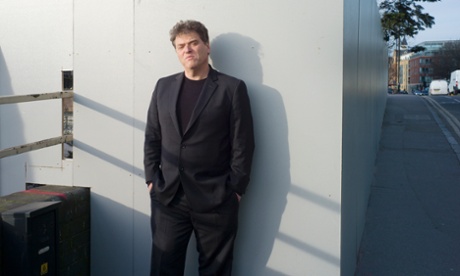Sorry kids, no carefully curated data-extraction experience for you quite yet. On Monday, Facebook announced that it is “pausing” controversial plans to create Instagram for Kids, a version of its photo-sharing app designed for children under the age of 13.
Does this mean Facebook has realised that it might not be in children’s best interest to hook them into social media at a tender young age? Has the company decided to put people above profit? Don’t be silly! The reason the tech giant has paused the project is because we idiots in the media misunderstood it, apparently. In an almost comically condescending blog post and series of tweets, Instagram chief Adam Mosseri explained that the company stood by the need to create a social media “experience” for children. Alas, he said, news about the project leaked before it had figured out all the details. “People feared the worst, and we had few answers at that stage. It’s clear we need to take more time on this.”
I wonder whether Mosseri has taken time to ponder why so many people feared the worst when they saw the cursed phrase “Instagram for Kids”? Could it be because Facebook, which bought Instagram in 2012, has given us umpteen reasons to fear the worst? The extensive coverage of Facebook being cavalier with people’s data and being used to incite violence and undermine democracy? Could it be a reaction to the Wall Street Journal’s recent report suggesting Facebook was aware that Instagram was “toxic for teen girls” but “made minimal efforts to address these issues and plays them down in public”.
According to the WSJ, an internal Facebook presentation from 2019 noted that “we make body image issues worse for one in three teen girls”. Another slide said: “Teens blame Instagram for increases in the rate of anxiety and depression.” I wonder whether the next slide said: “And this is why we really ought to make an Instagram for Kids!” Facebook has denounced the reporting. While it concedes teen girls have said Instagram made their body image worse, the company asserts: “Many teens we heard from feel that using Instagram helps them when they are struggling with the kinds of hard moments and issues teenagers have always faced.”
It has been a long time since I was a teenage girl, and I can’t speak for today’s kids. But I can tell you this: I am incredibly thankful that I grew up before social media became ubiquitous. I had a pretty severe eating disorder when I was a teenager and I often wonder whether I would have recovered if I had lived in a world with Instagram, Facebook, Snapchat and TikTok; an image-obsessed world of likes, retweets, follower counts and filters. I managed to recover from my illness, in part because I was strict about not weighing myself; I forced myself to stop boiling my self-worth down to a number. But while it’s fairly easy to avoid scales, it’s almost impossible to avoid modern technology.
I am not saying that Instagram is an unmitigated evil. Like most things in life, it has positive and negative applications. However, it has become increasingly evident that Instagram can be addictive and damaging; that the compulsion to use social media has similarities to that of highly regulated substances such as tobacco and alcohol.
And as the comparisons to big tobacco gain traction, so do calls for social media to be subject to an age restriction of 18 (most platforms currently permit 13-year-olds). Frankly, I don’t think enforcing an age limit for Instagram is any more useful than creating an Instagram for Kids. Age limits are not the answer; accountability is.
Arwa Mahdawi is a Guardian columnist











